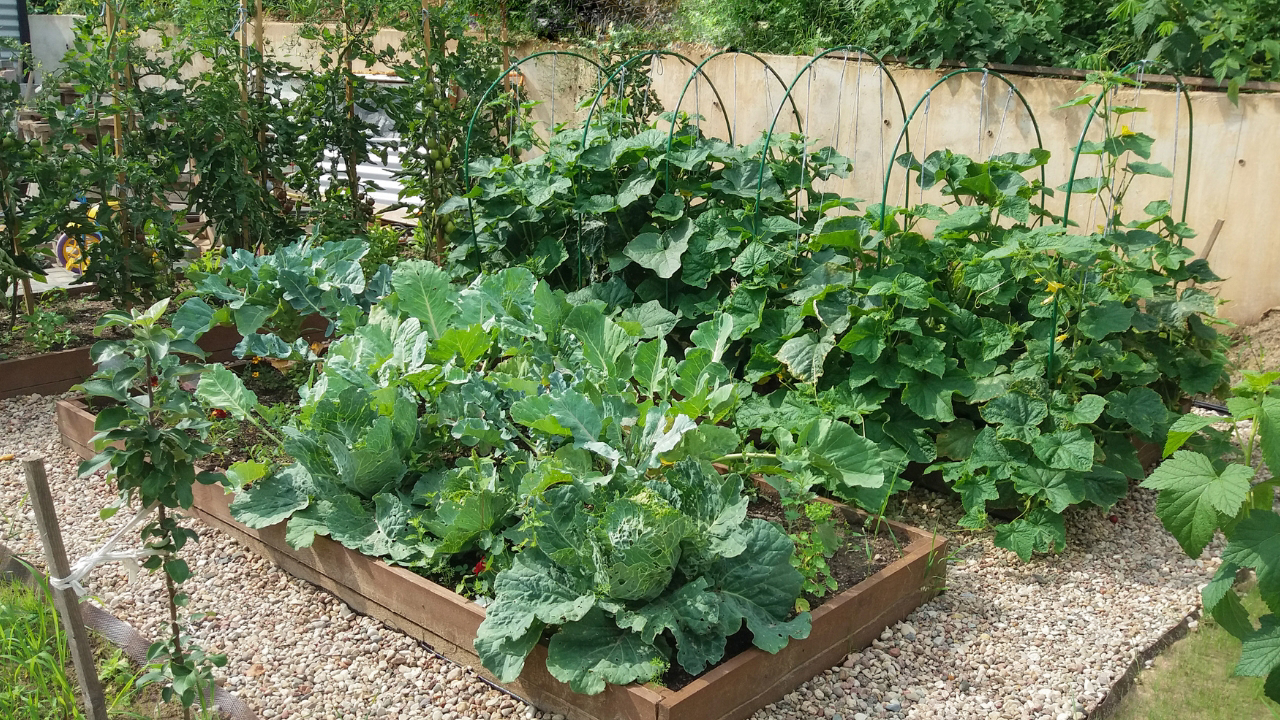Have you ever considered raising chickens in the backyard? This rewarding hobby is becoming increasingly popular among those seeking a more sustainable and self-sufficient lifestyle. By keeping chickens, you can enjoy fresh eggs, reduce food waste, and even gain some feathered friends. In this article, we will explore the ins and outs of backyard chicken keeping.

Why Choose Backyard Chickens?
There are numerous benefits to having chickens in your backyard. Fresh eggs are just the beginning. Chickens can help with pest control by eating bugs in your garden, and their droppings make excellent fertilizer. Additionally, they are entertaining and can provide companionship.
Choosing the Right Breed
Egg Production
When selecting a breed, consider how many eggs you want. Some breeds are known for high egg production, while others may lay fewer eggs but are hardier in different climates.
Climate Considerations
It’s crucial to select breeds that thrive in your local climate. Some breeds do better in hot weather, while others are suited for colder environments.
Building the Perfect Coop
Size and Space Requirements
Ensure your coop provides enough space for your chickens to move around comfortably. A general rule is to allow three to four square feet per bird inside the coop.
Safety and Security
Your coop should be predator-proof to protect your flock from animals like raccoons, foxes, and hawks. Secure locks and sturdy construction materials are essential.
Feeding Your Chickens
Chickens require a balanced diet to stay healthy and lay quality eggs. Provide a mix of commercial feed, fresh fruits and vegetables, and occasional treats.
Water Needs
Always ensure your chickens have access to clean, fresh water. Hydration is critical, especially during hot weather.
Health and Wellness
Common Health Issues
Be aware of common chicken ailments, such as mites, lice, and respiratory infections. Regular health checks can help catch problems early.
Vaccinations
Consider vaccinating your chickens to prevent diseases. Consult with a veterinarian to determine the best vaccination plan for your flock.
Socializing Your Chickens
Chickens are social animals and thrive in groups. Spending time with them can help them become more comfortable around humans.
Egg Collection and Storage
Daily Collection
Collect eggs daily to prevent them from becoming dirty or damaged. This also encourages hens to continue laying in their nesting boxes.
Proper Storage
Store eggs in a cool, dry place. They can be kept at room temperature for a few weeks or refrigerated for longer storage.
Legal Considerations
Before starting your backyard flock, check local regulations regarding chicken keeping. Some areas have restrictions on the number of birds or require permits.

FAQs About Raising Chickens
How many chickens should I start with?
For beginners, starting with three to six hens is a manageable number. This provides enough eggs for a small family and allows you to learn the basics of chicken care.
Do I need a rooster for my hens to lay eggs?
No, hens do not need a rooster to lay eggs. Roosters are only necessary if you want to hatch chicks.
How much does it cost to raise chickens?
The initial setup, including the coop and supplies, can be costly, but ongoing expenses are generally low. Expect to spend money on feed, bedding, and occasional veterinary care.
For more detailed information on starting your own homestead, visit homestead guide. Additionally, check out tips on caring for backyard chickens to ensure your flock stays healthy.
For more on urban homesteading, consider this urban homesteading guide.






